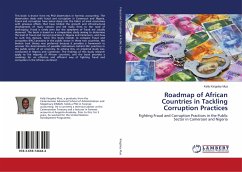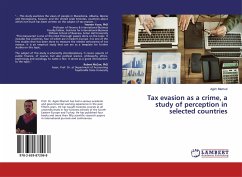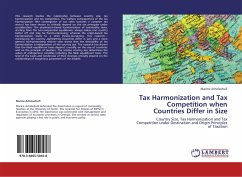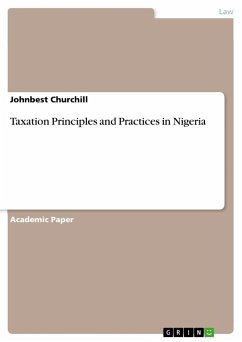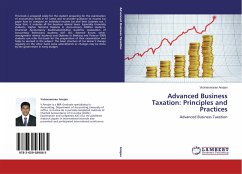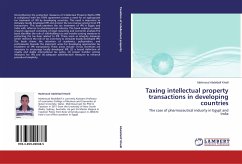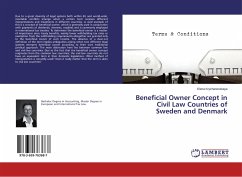This book is drawn from my PhD dissertation in forensic accounting. The dissertation deals with fraud and corruption in Cameroon and Nigeria. Fraud and corruption have eaten deep into the fabric of most economies with grievous effects that have limited the growth and infrastructural development of many nations and led many firms to the road of bankruptcy. Fraud is rarely seen but the symptoms of fraud are usually observed. The book is based on a comparative study aiming to determine the level of fraud and corrupt practices in Nigeria and Cameroon, and how to curb this menace. Since this study intends to compare fraud and corruption (FAC) practices in the public sector in these two countries, the broken trust theory was preferred because it provides a framework to uncover the determinants of possible motivations behind FAC practices in the public sector of an economy. To achieve this, an empirical study was conducted in Nigeria and Cameroon. The findings of this study research apply to the majority of African countries, and the book provides a roadmap for an effective and efficient way of fighting fraud and corruption in the African continent.
Bitte wählen Sie Ihr Anliegen aus.
Rechnungen
Retourenschein anfordern
Bestellstatus
Storno

